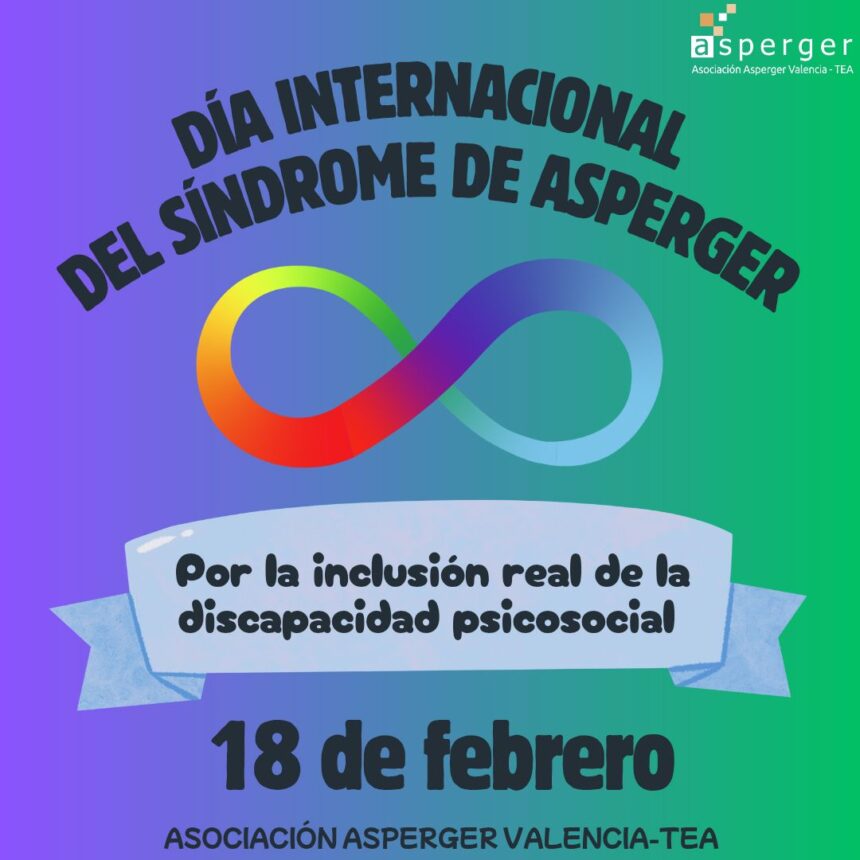Hoy, 18 de febrero – Día Internacional del Síndrome de Asperger y bajo el lema «Por una inclusión real de la discapacidad psicosocial», recordamos la importancia de construir una sociedad más accesible, comprensiva y libre de prejuicios.
El síndrome de Asperger es una condición del neurodesarrollo que influye en la manera de comunicarse y percibir el mundo, pero no es una barrera para el talento, la creatividad y el potencial de cada persona.
La verdadera inclusión va más allá de la aceptación: significa adaptar espacios, generar oportunidades y fomentar la empatía.
Hablemos de neurodiversidad, rompamos mitos y avancemos hacia una inclusión real.




